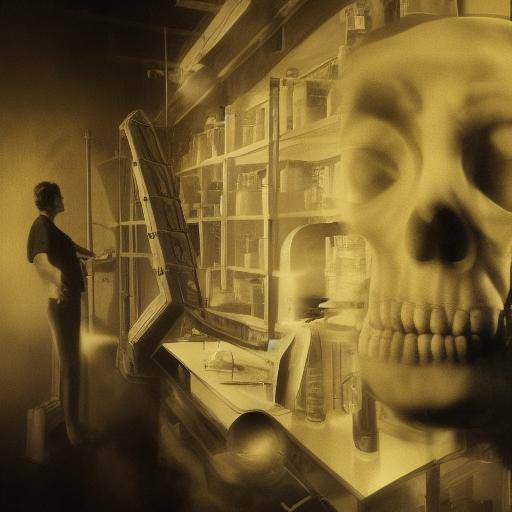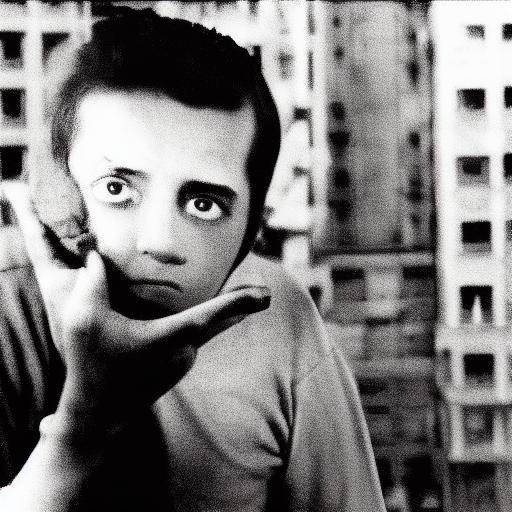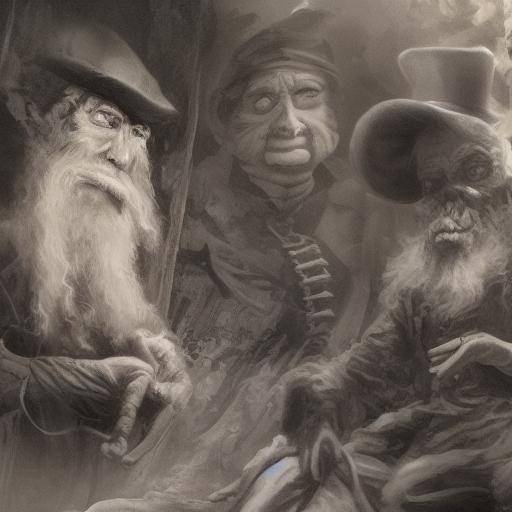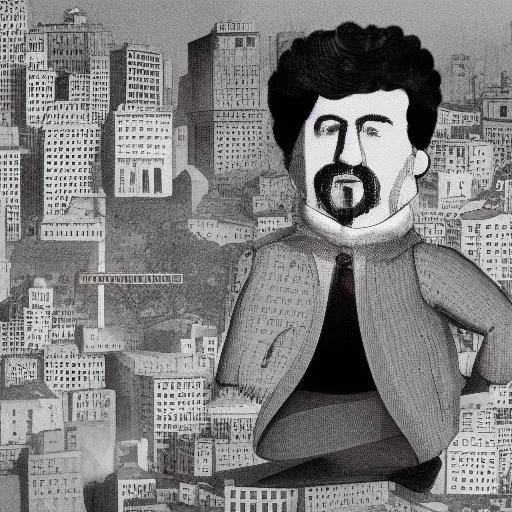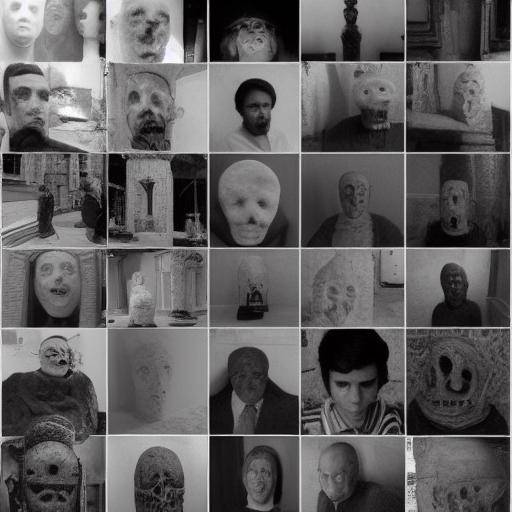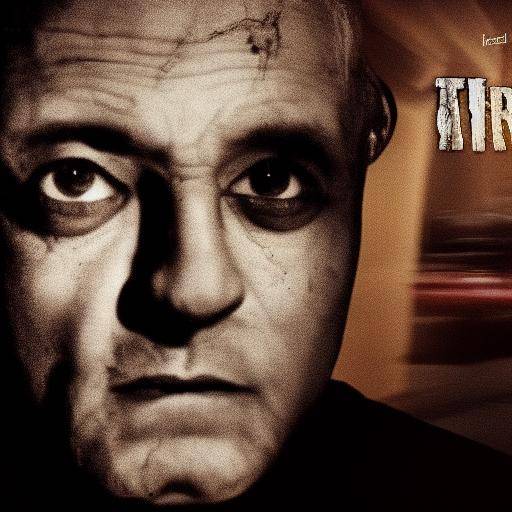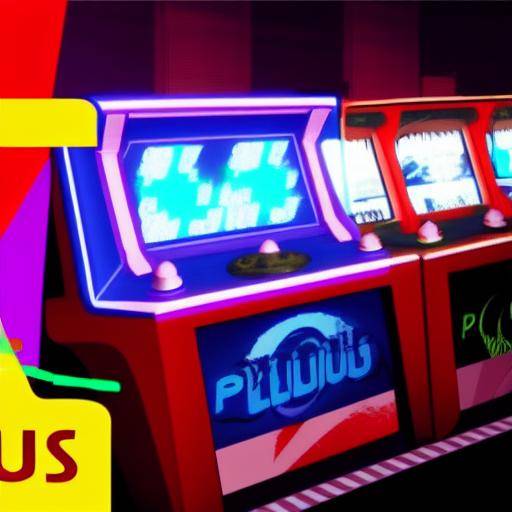
Introduction
The world of video games is full of extraordinary stories and inexplicable mysteries. Among these stories, highlights the legend of "Polybius", an arcade game that supposedly had disconcerting effects on those who played it. Join us on this fascinating journey through the urban plots and legends surrounding Polybius, exploring the truth behind this puzzle.
The Legend of Polybius
The history of Polybius dates back to the early 1980s, in the city of Portland, Oregon, USA. According to legend, this mysterious arcade game appeared from nowhere in some local establishments. The peculiar thing about Polybius was not his playability, but the impact he supposedly had on the players. It was said that the game caused strange side effects, such as dizziness, nausea, and even nightmares.
The sudden appearance of Polybius and the disturbing rumors surrounding it led to speculation about its origin. Some claimed that the game was part of an experiment conducted by government agencies, while others associated it with mental control theories or even extraterrestrial activity. Despite its popularity in popular culture and videogame communities, Polybius' real existence has been the subject of debate and skepticism.
Investigating the Truth
As we explore the history of Polybius, it is crucial to critically examine the evidence that supports or refutes its existence. Several studies have tried to trace the origin of the game, but to date, no concrete evidence of its actual existence has been found. Some argue that Polybius may have been an invention or fraud made to draw attention, while others maintain belief in their authenticity.
Video Games as Conspiracy Object
Video games, as a form of entertainment and artistic expression, have been the subject of various conspiracy theories over the years. From supposed influences on the behavior of players to alleged hidden agendas promoted by industry, these theories have generated controversy and debate in society. It is important to critically analyze these claims and consider the available scientific and empirical evidence.
Urban Legends and Their Impact on Popular Culture
Urban legends, such as Polybius, have left an indelible mark on popular culture. Although some of these stories are rooted in fiction, their influence extends through literature, cinema, video games and other forms of entertainment. Exploring the origin and evolution of these legends can provide revealing perspectives on human psychology, the transmission of myths and the nature of belief.
Conclusion
Polybius is a clear example of how urban plots and legends can intertwine with the world of video games, generating myths that last over time. By critically examining these narratives, we can better understand the influence of culture in the perception of reality and appreciate the power of human imagination. Stay alert, dear reader, for perhaps Polybius lurks in the shadows of the next digital adventure, ready to challenge our understanding of what is real and what is fictional.
Frequently asked questions
1. What evidence exists about Polybius' existence?
The concrete evidence of Polybius' actual existence is scarce, and many consider that the game is simply an urban legend. Attempts to trace their origin have not shown definitive evidence of their existence.
2. What is the appeal of urban legends related to video games?
Urban legends related to video games attract gaming enthusiasts due to their mysterious and often disturbing appearance. These stories feed lacuriosity by providing an aura of mystery and provoking debates about their authenticity.
3. Has it been scientifically proven that video games can have negative impacts on players?
While there are research on the effects of video games on the behavior and well-being of players, there is no conclusive evidence that supports the overreacted fears present in some conspiracy theories. Most studies suggest that video games, in general, have varied and not necessarily negative effects.
4. Why are the plots related to video games still so popular?
Conspiracy theories related to video games are often nurtured from mistrust towards large companies, technology and the power of the media. In addition, fascination with the unknown and unusual plays an important role in perpetuating these theories.
5. What lessons can be drawn from Polybius myth?
Polybius myth offers a valuable lesson on the importance of questioning extraordinary claims and seeking solid evidence before accepting them as truth. It also illustrates the lasting impact of urban legends on popular culture and the need to understand human psychology in the spread of myths.
6. What is the future of urban legends and conspiracy in the field of video games?
As the video game industry continues to expand and evolve, new conspiracy narratives and urban legends are likely to emerge. However, it is essential to address these stories with informed skepticism and promote critical thinking among videogame enthusiasts.
Concluding, the Polybius case represents a fascinating point of convergence between video games, conspiracy and urban legends. Through our exploration of this enigma, we have acquired a deeper understanding of how extraordinary narratives can shape our perceptions and challenge our understanding of the world around us. Let us continue to question, investigate and keep alive the passion for truth in the digital age.































